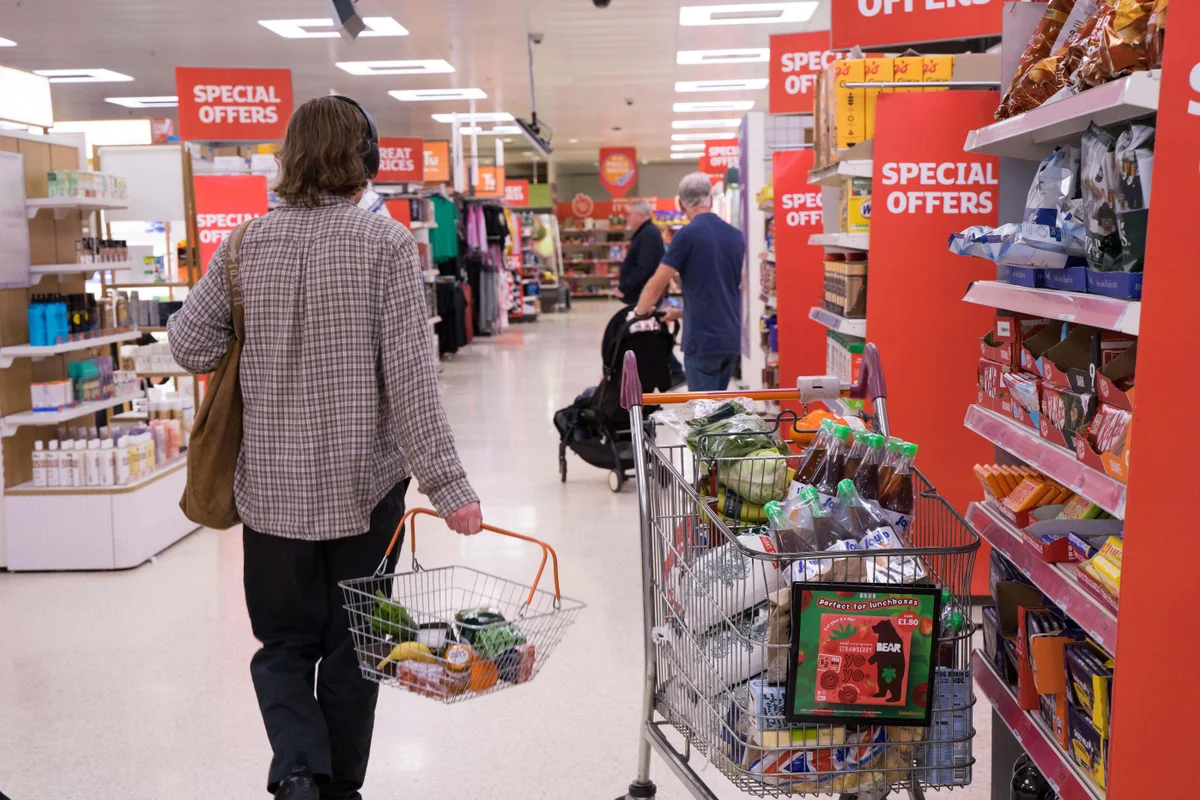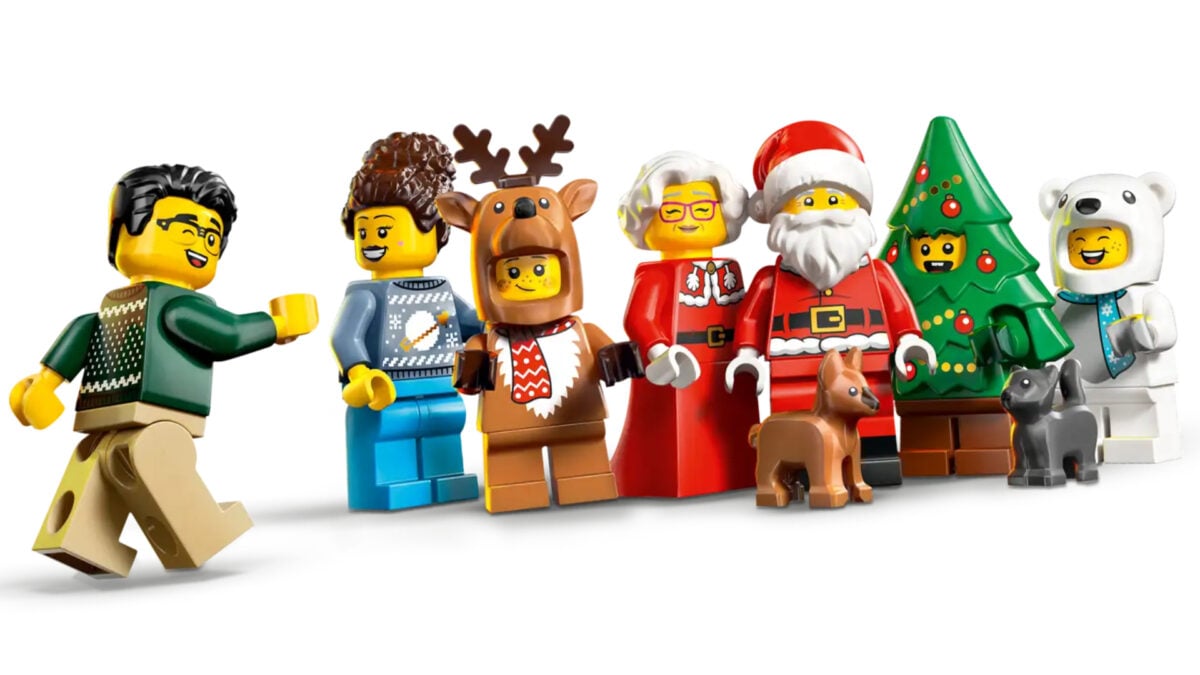By Rebecca Whittaker
Copyright independent

‘Buy one get one free’ offers on unhealthy food in supermarkets are set to be banned in England from Wednesday.
The restrictions on multi-buy and price promotions, which will apply to supermarkets, high street shops and online retailers, aims to make it easier for families to make healthier choices.
Free refill promotions of certain drinks in restaurants and cafes will also come under the ban.
Ministers say restricting these promotions are an important step to tackling obesity.
The measure, which has been under consideration for years but was initially put off due to the cost-of-living-crisis, will also be followed by a ban on junk food advertising on TV before 9pm from January.
A Department of Health and Social Care spokesperson said: “Obesity robs children of the best possible start in life, sets them up for a lifetime of health problems and costs the NHS billions.
“This government is taking action to end the targeting of junk food ads at kids, across both TV and online.
“This is a crucial step to delivering a major shift in the focus of healthcare from sickness to prevention, and towards meeting the government’s ambition to give every child a healthy, happy start to life.”
To help define what food and drink are classified as unhealthy the government has developed a system. Fizzy drinks that contain sugar, such as full-fat cola and food that’s high in fat or sugar such as crisps, chocolate, ice creams, cakes, fish fingers and even some pizzas all fall under the ban.
It comes as obesity rates have risen sharply. In the UK it’s estimated that around one in four adults and around one in five children aged 10 to 11 are living with obesity, according to the NHS.
Type 2 diabetes, heart disease and some types of cancer are all risks associated with obesity.
It is estimated that obesity costs the NHS more than £11 billion every year.
But the government has said that it estimates the ad ban will prevent around 20,000 cases of childhood obesity.
Registered nutritionist Rob Hobson agrees that the ban is a “step in the right direction” that could “ help reduce excess calorie intake”, but stresses it is not a silver bullet.
“We know that buy-one-get-one-free deals and unlimited refills encourage people to buy and consume more food than they really need, and it’s often the less healthy, ultra-processed products that get pushed through these offers,” he told The Independent.
However, he believes advertising and affordability of healthy food should also be considered.
“The bigger drivers of poor diet like affordability of healthy food, the relentless marketing of ultra-processed products, and the way these foods dominate our environment all need addressing too,” he added.
“If you’re a family on a budget, the deals that really matter are the ones that make fruit, veg, and staple wholefoods more affordable and accessible.”



